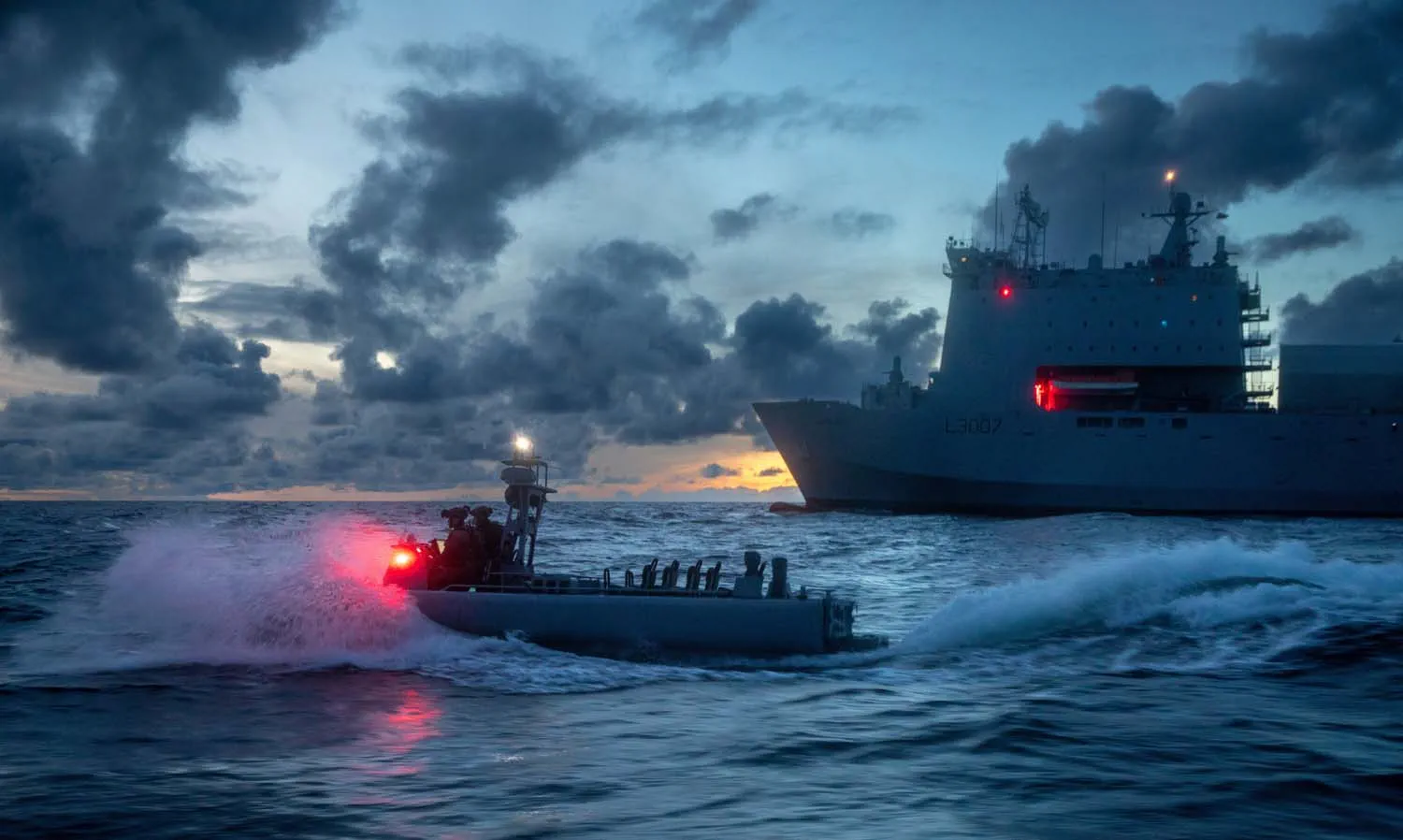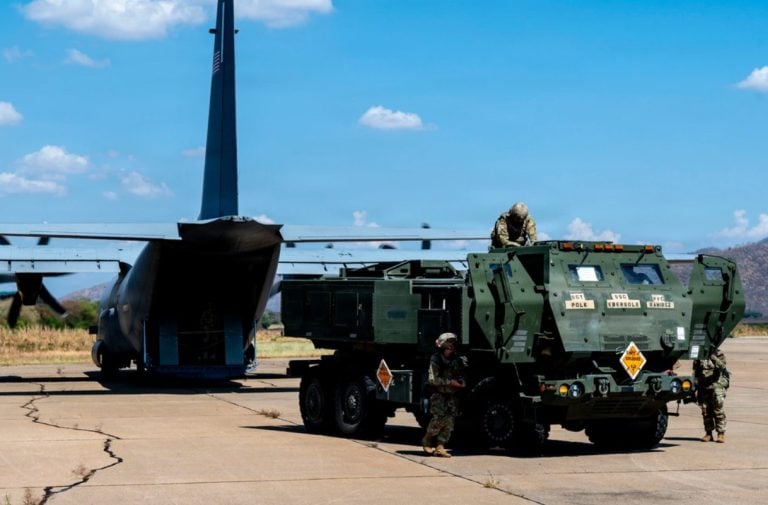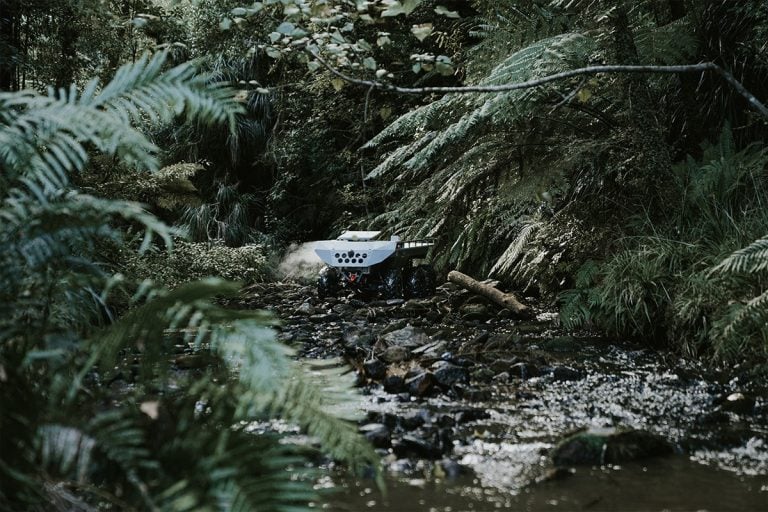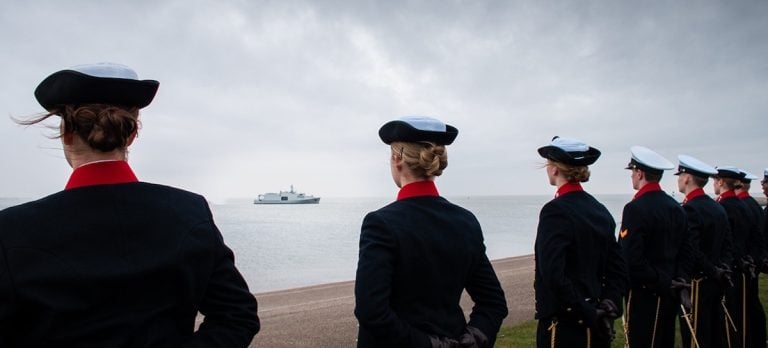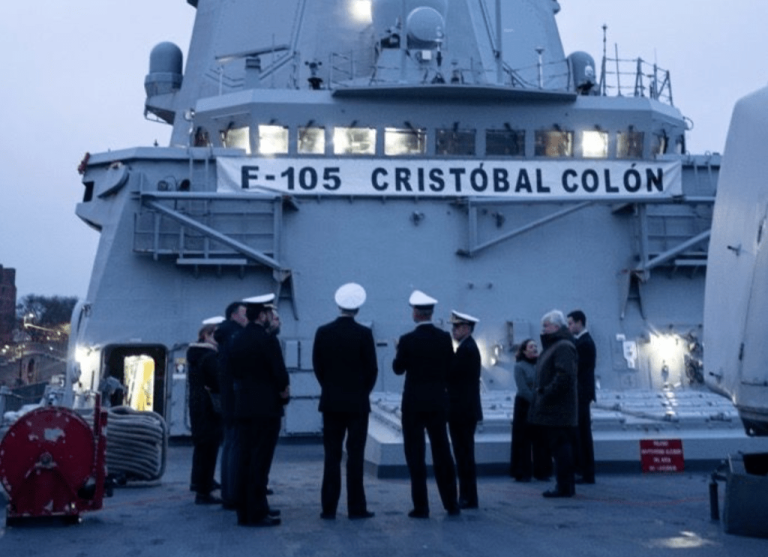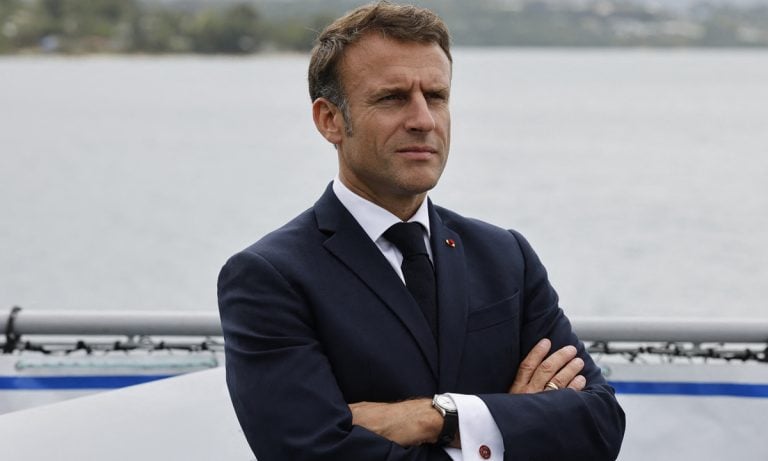In a significant demonstration of military readiness, the UK Royal Marines and Army Rangers recently conducted a series of rapid-response operations in the eastern Baltic Sea. This exercise is part of NATO’s Allied Reaction Force initiatives aimed at enhancing capabilities for scenarios such as ship recapture and covert coastal raids.
The event, dubbed Exercise Baltic Dawn, showcased the skills of 42 and 47 Commando, who launched small boats from the support ship RFA Lyme Bay. Collaborating closely with the British Army’s 3 Ranger unit, they performed joint raiding operations on Estonia’s Saaremaa island. The exercises emphasized Maritime Interdiction techniques in realistic coastal environments, allowing troops to refine their operational capabilities in a practical setting.
At the heart of these exercises is the UK Special Operations Maritime Task Group (SOMTG), a novel operational formation designed for rapid deployment. This group merges expertise from various branches of the armed forces, including the Royal Navy and Commando Force, incorporating pilots, engineers, and boat operators. The rigorous preparation for the Baltic exercises spanned several months and included Arctic amphibious training in Norway, cold-weather training, and extensive planning sessions at UK facilities such as Spadeadam and Goonhilly.
The SOMTG is set for evaluation for NATO deployment in January 2026, underscoring the UK’s commitment to enhancing its rapid-response capabilities in alignment with NATO requirements. Major Adam Kidson, the officer commanding the task group, emphasized the exercises’ importance in demonstrating the Royal Marines’ ability to strike swiftly and unpredictably from maritime locations, operating flexibly across various platforms.
Amid rising tensions in Northern and Eastern Europe, NATO has been actively reinforcing its rapid-reaction and special operations capabilities. The Baltic region, known for its critical sea lanes and a mix of islands and offshore infrastructure, presents unique operational challenges. This environment demands highly adaptable military forces to effectively respond to any potential threats.
Several NATO allies are also taking steps to bolster their rapid-response capabilities. For instance, Norway has participated in Arctic amphibious exercises alongside UK commandos to test logistics and coordination under harsh conditions. France has taken initiatives to enhance its Commando Marine training by integrating small-unit coastal raids with special forces from Germany and Belgium. Additionally, Italy’s San Marco Brigade has executed joint drills with Spanish naval special forces, focusing on essential operations such as ship boarding, port security, and amphibious insertions.
These coordinated efforts among NATO allies reflect a collective commitment to maintaining security and readiness in an increasingly complex geopolitical landscape.
